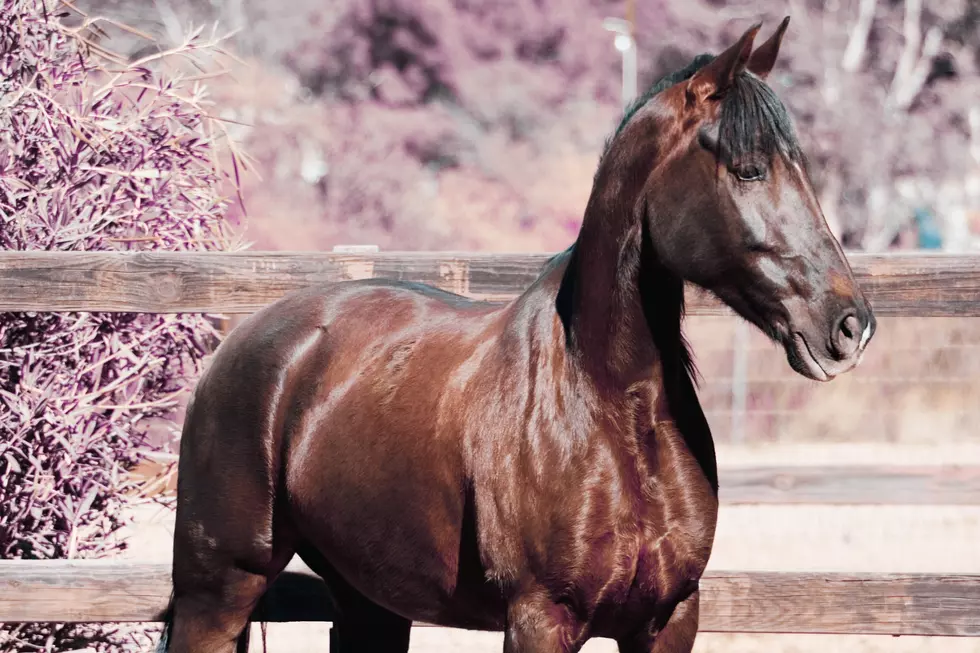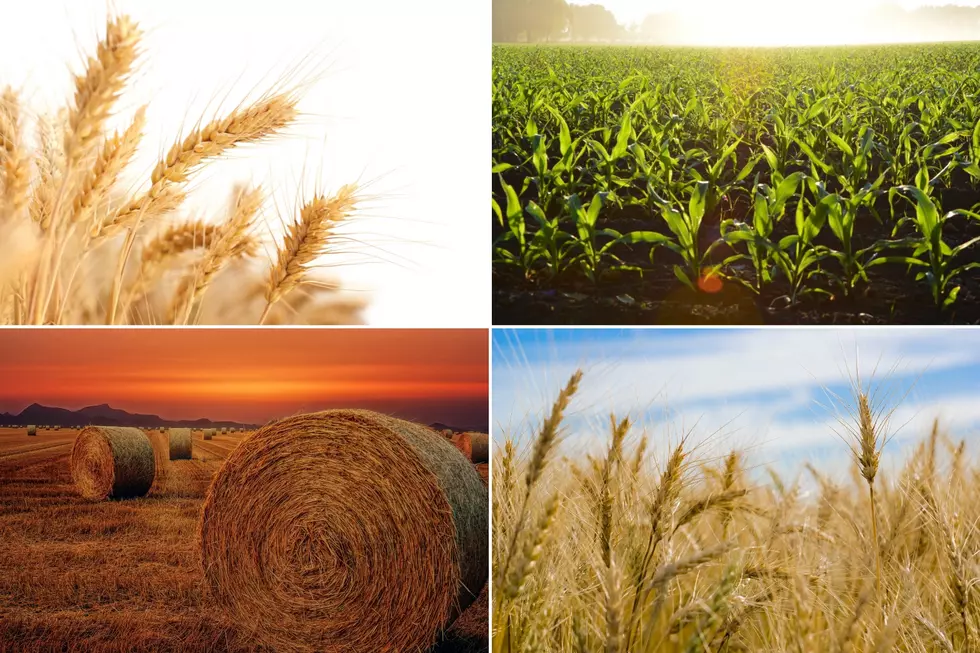
Hay Growers Encouraged To Reduce Irrigation When Water Is Tight
According to a University of Idaho researcher, hay farmers looking to stretch a limited water supply should consider irrigating their second two cuttings at a significant deficit.
Xi Liang, an associate professor of cropping systems agronomy at the U of I Aberdeen Research and Extension Center, has completed two years of a multi-state study evaluating the effects of planting configuration and irrigation management on hay yield.
In 2020, Liang applied 7.4 inches of water to the deficit-irrigated second and third cuttings, irrigating at a 5-inch deficit, which was roughly 40% less water than typical. Yields, however, were reduced by just 17% on second and third cuttings with reduced water.
Then in 2021, Liang applied just 12.6 inches of water to deficit-irrigated second and third cuttings, irrigating at an 8.4-inch deficit, again 40% less water compared with the full irrigation treatment. Yields, this time were reduced by just 14% on second and third cuttings compared to typical water years.
The project was funded with a two-year USDA National Institute of Food and Agriculture Alfalfa Seed and Alfalfa Forage System Program grant. Researchers at Oregon State University, Colorado State University and University of Wyoming are also conducting forage trials as part of the project.
Liang said she is pursuing funding to continue the project.
Water supplies are tight throughout much of Idaho this season following a mild winter. Furthermore, farmers who draw groundwater from the Eastern Snake Plain Aquifer have been required to make cutbacks on irrigation under the terms of a water call settlement with surface irrigators who have senior water rights. Alfalfa is a good candidate for irrigation reductions by farmers with more valuable and water-sensitive crops, such as potatoes.
“For sure deficit irrigation could help,” Liang said. “You can lose a little bit of yield but compared with how much water and other associated costs you save it’s probably worth a try.”
If you have a story idea for the PNW Ag Network, call (509) 547-1618, or e-mail glenn.vaagen@townsquaremedia.com
More From PNW Ag Network









